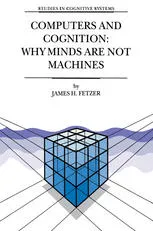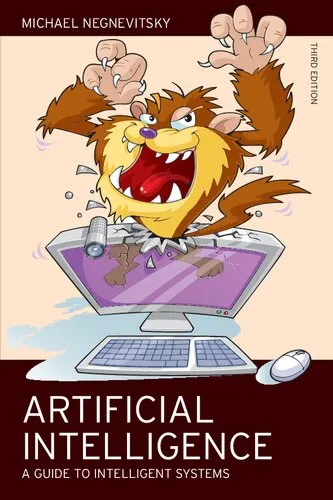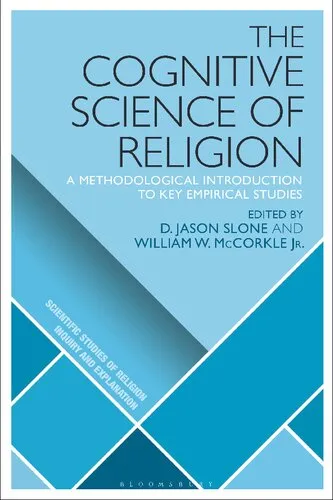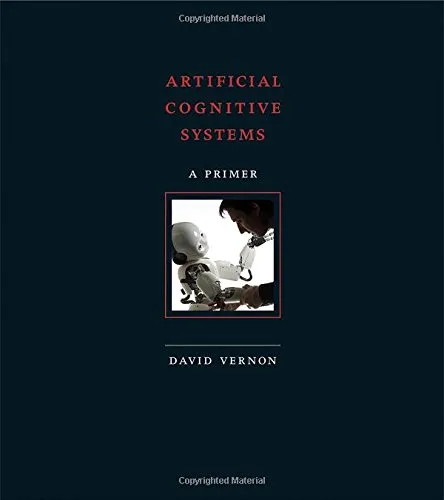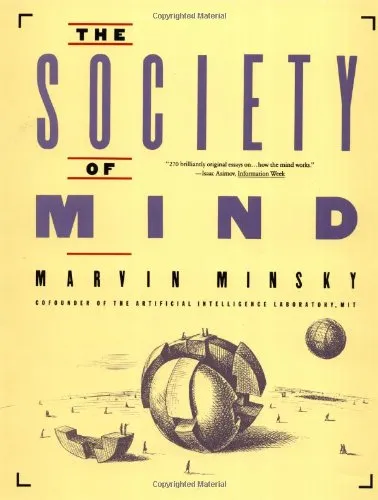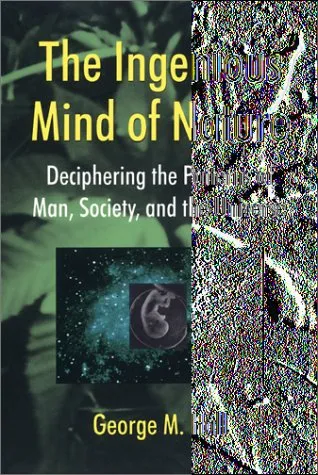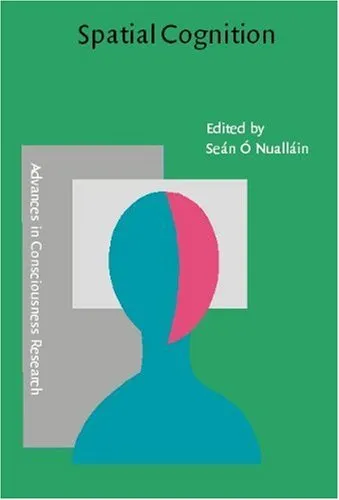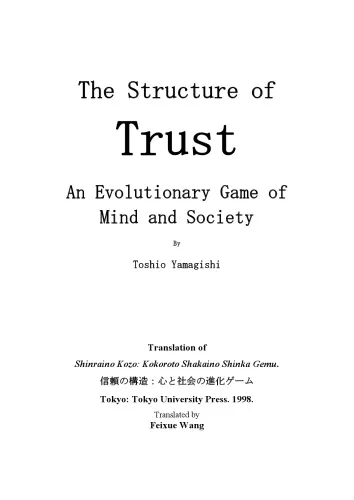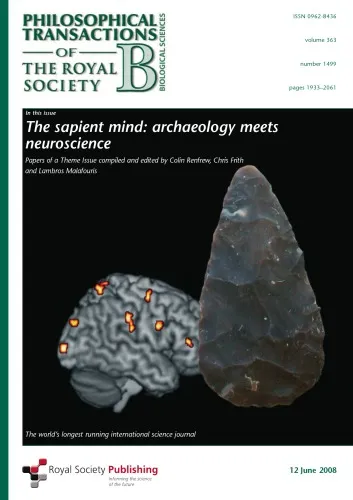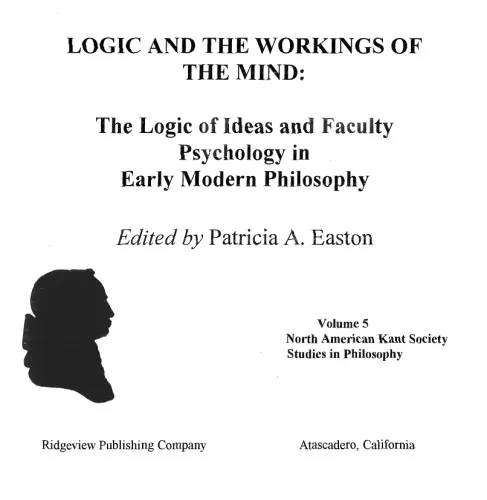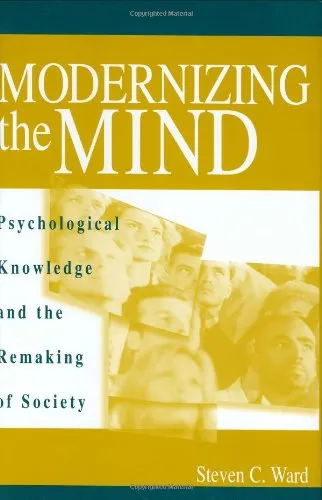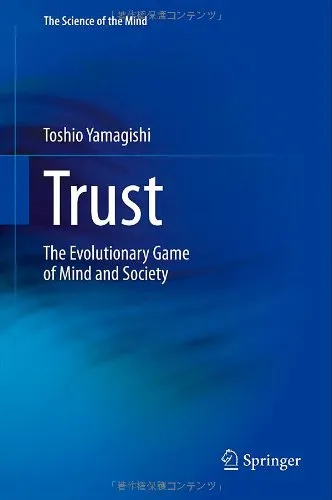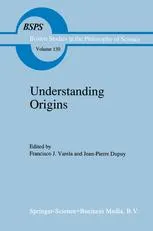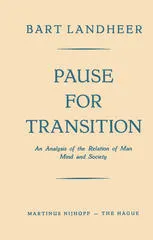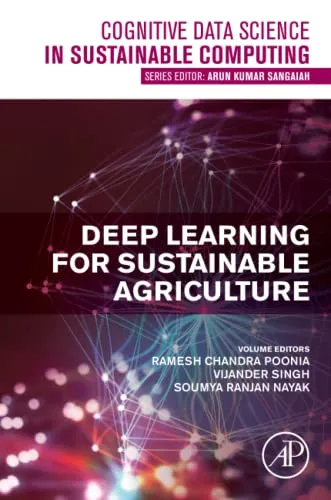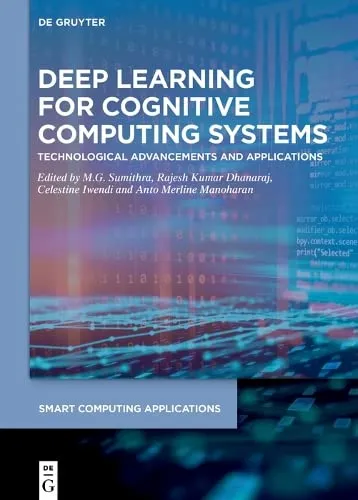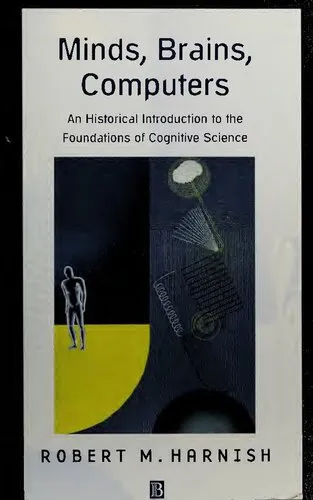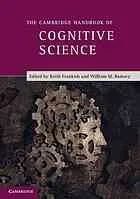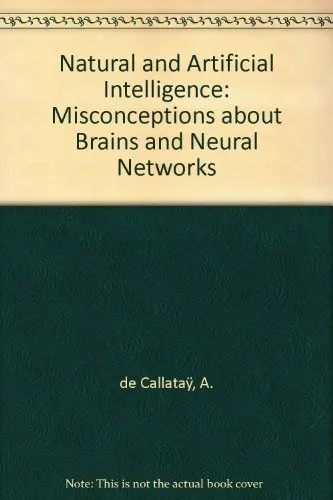Computers and Cognition: Why Minds are not Machines
4.0
بر اساس نظر کاربران

شما میتونید سوالاتتون در باره کتاب رو از هوش مصنوعیش بعد از ورود بپرسید
هر دانلود یا پرسش از هوش مصنوعی 2 امتیاز لازم دارد، برای بدست آوردن امتیاز رایگان، به صفحه ی راهنمای امتیازات سر بزنید و یک سری کار ارزشمند انجام بدینکتاب های مرتبط:
Persian Summary
معرفی کتاب
کتاب 'Computers and Cognition: Why Minds are not Machines' اثر جیمز ه. فتر، یک بررسی کامل و جامع از فلسفه ذهن و علوم شناختی است. در این کتاب، نویسنده به چالشهای اصلی و نواقص موجود در رویکردهای مبتنی بر Computer Science نسبت به فهم ذهن انسان میپردازد و استدلال میکند که ذهنها نمیتوانند به طور کامل به ماشینها تقلیل یابند.
خلاصهای از کتاب
در این اثر، نویسنده استدلال میکند که بینشی ژرفتر به ماهیت ذهن و Cognition برای درک تفاوتهای بنیادین بین ذهن انسان و ماشینهای دیجیتال ضروری است. نویسنده با بررسی مفاهیمی چون آگاهی، ادراک و معنایابی، تلاش میکند تا نشان دهد که چرا رویکردهای سنتی در Artificial Intelligence قادر به مدلسازی صحیح ذهن انسان نیستند.
کتاب به طور خاص به انتقاد از رویکردهای مبتنی بر Computationalism و Functionalism میپردازد. نویسنده معتقد است که این رویکردها نمیتوانند تمامی پیچیدگیها و ظرافتهای رفتار و تجارب انسانی را توضیح دهند و بدین وسیله، به فهم عمیقتری از واقعیت فیزیکی و ذهنی نیاز داریم.
نکات کلیدی
- ذهنها نمیتوانند به ماشینها تقلیل پیدا کنند؛ این دیدگاه مبتنی بر تفکر انتقادی نسبت به Computationalism و Functionalism است.
- فهم صحیح از ذهن نیازمند بینشی فراتر از مدلهای ساده سازی شدهی Machine Models است.
- آگاهی و ادراک انسانی جنبههایی از تجربیات هستند که به سادگی قابل شبیهسازی نیستند.
جملات معروف از کتاب
«اگرچه ماشینها میتوانند اطلاعات را پردازش کنند، نمیتوانند معنا یا درک واقعی را همانگونه که انسانها انجام میدهند، بدست آورند.»
«تصور اینکه Cognitive Processes انسانی میتواند به مسائل محاسباتی تقلیل یابد، نگاهی محدود و ناقص به ذهن پیچیده انسانی است.»
چرا این کتاب مهم است
این کتاب مهم است زیرا نقدی بنیادین بر برخی از مفاهیم رایج مرتبط با Artificial Intelligence و ساختار ذهن انسان ارائه میدهد. با تاکید بر محدودیتهای دیدگاههای موجود و ارائه راههای نو بر فهم بهتر از ذهن انسان، فلسفه ذهن و علوم شناختی را به چالش میکشاند و به جایگزینی برای دیدگاههای حاکم در این زمینه دعوت میکند. مطالعه این کتاب برای فیلسوفان، متخصصان علوم شناختی و هر کسی که به عمق بیشتری در درک تعامل بین ذهن و ماشین علاقهمند است، میتواند بسیار ارزشمند باشد.
Introduction to "Computers and Cognition: Why Minds are not Machines"
James H. Fetzer's "Computers and Cognition: Why Minds are not Machines" offers a profound exploration into the nature of human cognition, dissecting the comparison between computational systems and the human mind. In a world where technology's capabilities are expanding exponentially, this book invites readers to consider critical philosophical questions about consciousness, intelligence, and what truly separates human minds from artificial systems.
Detailed Summary of the Book
The book navigates through the complex terrain of cognitive science and artificial intelligence, challenging the notion that computers can fully emulate the human mind. Fetzer begins by dissecting historical perspectives on cognition, illustrating how early theories paved the way for the rise of computational models of the mind. He dives deeply into the Turing Test and computational theories of mind, critiquing their premises and implications.
Fetzer argues that while computers can simulate certain aspects of human thinking, they lack the intrinsic qualities of consciousness and comprehension that define true understanding. Through a series of arguments, he refutes the reductionist approach claiming that mental states are merely computational states. By examining semantics, intentionality, and qualia, the book highlights the unique aspects of human cognition that remain beyond the reach of machine replication.
The book concludes by exploring implications for artificial intelligence, ethics, and the future of human-machine interaction. Fetzer prompts readers to question the ethical considerations of AI development and the assumptions underlying cognitive science.
Key Takeaways
- Human cognitive processes are intricately complex and cannot be reduced to mere computations.
- The Turing Test is insufficient for proving genuine intelligence or understanding in machines.
- True comprehension involves semantics and intentionality, which machines cannot authentically replicate.
- The book encourages rigorous philosophical inquiry into the ethical implications of AI advancements.
Famous Quotes from the Book
"A machine can simulate mind-like processes, but it cannot embody mind itself."
"No system of artificial intelligence, however advanced, is a substitute for the nuanced complexities of human consciousness."
Why This Book Matters
As technology progresses, the line between human and machine capabilities becomes increasingly blurred. Fetzer’s book is vital because it challenges prevailing assumptions about artificial intelligence and cognition, offering a sturdy philosophical framework for understanding the fundamental differences between minds and machines. By addressing these topics, the book serves as a crucial resource for students, academics, and professionals in cognitive science, philosophy, and artificial intelligence fields.
Moreover, in an age where AI is rapidly developing and integrating into all areas of life, Fetzer's insights on ethics and cognition urge careful consideration of how we develop and deploy technology that could reshape society. His arguments beckon readers to remain grounded in ethical consciousness while embracing technological innovations.
دانلود رایگان مستقیم
شما میتونید سوالاتتون در باره کتاب رو از هوش مصنوعیش بعد از ورود بپرسید
دسترسی به کتابها از طریق پلتفرمهای قانونی و کتابخانههای عمومی نه تنها از حقوق نویسندگان و ناشران حمایت میکند، بلکه به پایداری فرهنگ کتابخوانی نیز کمک میرساند. پیش از دانلود، لحظهای به بررسی این گزینهها فکر کنید.
این کتاب رو در پلتفرم های دیگه ببینید
WorldCat به شما کمک میکنه تا کتاب ها رو در کتابخانه های سراسر دنیا پیدا کنید
امتیازها، نظرات تخصصی و صحبت ها درباره کتاب را در Goodreads ببینید
کتابهای کمیاب یا دست دوم را در AbeBooks پیدا کنید و بخرید
1861
بازدید4.0
امتیاز0
نظر98%
رضایتنظرات:
4.0
بر اساس 0 نظر کاربران
Questions & Answers
Ask questions about this book or help others by answering
No questions yet. Be the first to ask!
